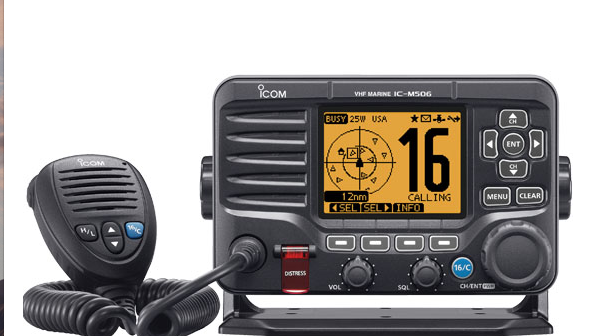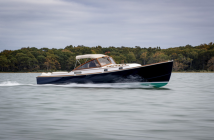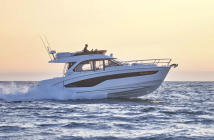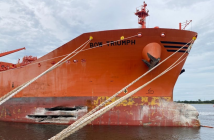For generations and generations, this basic concept was drilled into new boat owners: When you have an emergency, call for help on VHF channel 16. The Coast Guard monitors that channel, other marine authorities monitor that channel, other boaters monitor that channel. If you’re in VHF range (and most of the time most boaters are), help will be on the way.
But times change. Now we’re in the age of cell phones, and it’s safe to say that almost everyone on a boat has one. In recent years, boaters have taken to dialing 911 on their cell phones to call for help, ignoring the ease of calling channel 16 on the boat’s fixed-mount or handheld VHF. A 911 call, of course, goes to a land-based operator who then must determine how to respond to a marine emergency. Unfortunately, some 911 calls were dropped or not passed on correctly.
Now a provision in the new Coast Guard Authorization Act of 2019 is designed to improve the reliability of a 911 call in a marine emergency. The new act requires the Coast Guard to review its policies and procedures to “formulate a national maritime Public Safety Answering Points policy.” There are now 6,000 such answering points in the U.S. – 24/7 call centers with dispatchers who can route emergency calls to the appropriate responders. The new policy is designed to ensure the fast response of the closest possible rescue service or emergency responders.
“This effort will minimize the possibility of maritime calls being improperly routed and to assure the U.S. Coast Guard is able to effectively carry out its maritime search-and-rescue mission,” said Tina Cardone, executive director of the Conference of Professional Operators for Response Towing, which worked for the new authorization. Read more:
https://www.boatus.com/pressroom/release.aspid=1459&fbclid=IwAR3SgATTcHrelRDIWdNYgEKgrMIC5217I99bAaxUk9p8HUQ8GcSAXSxh1Jk




